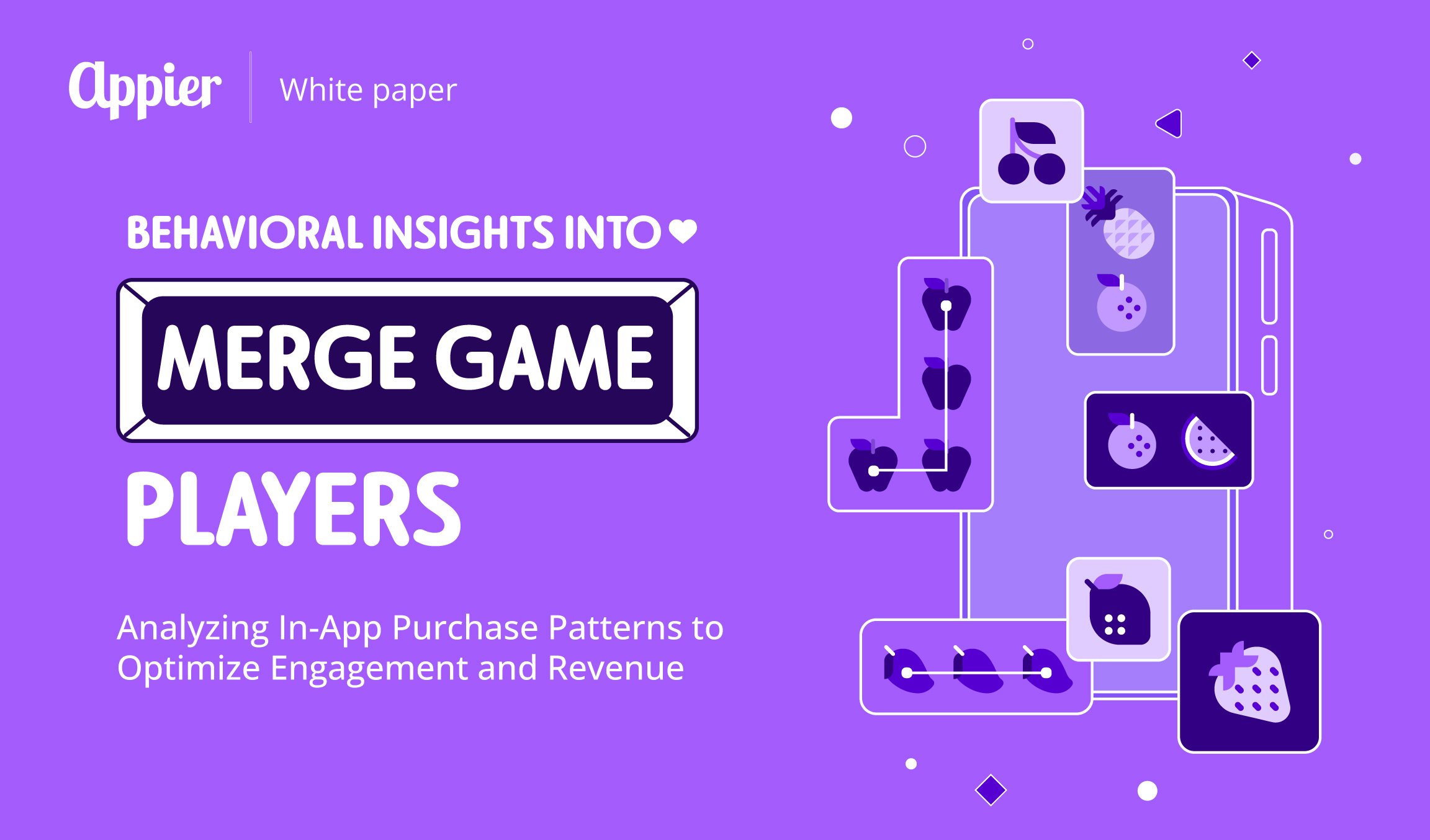5 min read
Onboarding new app users is only the start of the battle. Once you have gotten new users to start using your app, you need to think about how to re-engage them to make sure they stick around.
Planet of the Apps: More Choice Means More Competition
Apps represent a huge opportunity for companies. They let you showcase your brand in the best possible light and allow customers to engage with it wherever they are (as long as they have their phone with them). In Q3 2019, global app revenue grew 23 percent year-on-year to a staggering US$21.9 billion.
However, this only tells half the story. While customers are downloading more apps than ever, they are not using them all – indeed, they can’t possibly have time. Globally, the average smartphone user has around 80 apps on their phone , only half of which they use each month.
In other words, users are also abandoning apps in record numbers – more than a fifth of all users abandon an app after just one use. So how do you make sure yours is not one of them?
Retarget to Re-engage
One of the most effective ways is by retargeting. Retargeting refers to re-engaging target customers who have previously used your mobile app through ad campaigns to drive conversions. Conversions here could be in one of many forms: to re-engage by simply browsing the app content again, to reinstall the app if they have deleted it previously, or to complete a down-funnel conversion by checking out an item they have placed in their shopping basket earlier, for instance.
Retargeting will remind your customers what you can offer them, and put your app top of mind. It will help you cut through the noise generated by all those other apps on their phone, and ultimately trigger in-app actions.
Don’t think customers will grant you a honeymoon period once they have downloaded your app – remember that over a fifth will leave it after one use. That is why it is vital to retarget them soon after onboarding. Here are some of the best practices you can try out.
App Retargeting: Best Practices
1. Maintain the momentum
Waiting until customers are about to leave or have already left will be too late – chances are, their minds will already be made up. As the stats show, the initial period after onboarding is key, and therefore stay a part of their life and keep them regularly engaging with your brand.
2. Develop a complete view of your user
Your customers’ in-app activities will tell you only one side of the story, which is why you need to analyze their behaviors across multiple devices and channels to build a single customer view. This is a comprehensive view of your customers on what they do and where they do it. It will help you create compelling content that hits their pain points, as well as retarget them on the most effective device possible. You can also set a frequency cap to limit the number of impressions on your ad, so you don’t exhaust or annoy potential customers.
3. Get personal
Use AI to analyze customer data like in-app events (for example, click, browse, add-to-cart, purchase and subscription) to discover user interests and intent. You can then leverage this insight to personalize your retargeting ads, instead of opting for a one-size-fits-all approach (one size never fits all).
You can also use deep links within your retargeting ad. These should send users to specific in-app locations (for example, the product they just viewed) rather than just the homepage of the app. This will reduce friction between the ad and whichever product, service or offer you want to promote, creating a seamless user experience. It will also guide your customers to your desired location in the app, so they won’t get lost or distracted along the way.
4. Be creative
Don’t be afraid to use rich media in your retargeting ads. In fact, you should put the same amount of effort into retargeting adverts as you would for an acquisition one. People are visual creatures. Play to their nature, and make sure your ad is eye-catching enough to stand out.
In addition, while making it mobile-friendly, you can create different variations of each ad and set creative rotation in action to keep it fresh and prevent stagnation.
5. Measure and optimize
As with any marketing strategy, it is vital that you quantify its effects in order to see what kind of impact it is having. If it isn’t stopping users abandoning your app, you might have to rethink the strategy. If it still doesn’t work, maybe the problem is with the app itself and you need a root-and-branch overhaul of the entire experience. Whatever the issue, analysis will help you find it so you can optimize the user experience and drive a higher ROI.
Onboarding customers to your app is critical, but it is only the starting point for your marketing efforts. No need to be daunted: with the right strategy and AI tools at your disposal, you can successfully retarget your users and secure a high engagement rate. Then you will be one step closer to having a customer for life.
* For more in-depth insights into a powerful app engagement strategy, download the white paper ‘ From Download to Favorite: How to Engage Users Across the App Life Cycle ’. Have questions? We are always here to help! Get in touch with us today for an exclusive consultation.



